Welcoming a pet bird into your home is like inviting a feathery family member. While many birds are known for their calming songs and gentle nature, some have a fiery side that can surprise even seasoned bird enthusiasts. These aggressive pet birds, though challenging at times, possess unique traits that make them fascinating companions. They are the avian counterparts of the infamous “Angry Birds” and can add a spirited dynamic to your household. Let’s delve into the world of these ten feisty feathered friends.
1. African Grey Parrot: The Intelligent Rebel
African Grey Parrots are renowned for their intelligence, often compared to that of a five-year-old child. However, their sharp minds come with a stubborn streak. They are known to assert their dominance, especially if they feel their territory is being encroached upon. Much like a rebellious teenager, they demand respect and understanding. If not socialized properly, they can become nippy and territorial. Owners need to establish a routine, offering mental stimulation with puzzles and toys to keep their minds occupied and their beaks at bay.
2. Amazon Parrot: The Vocal Enforcer
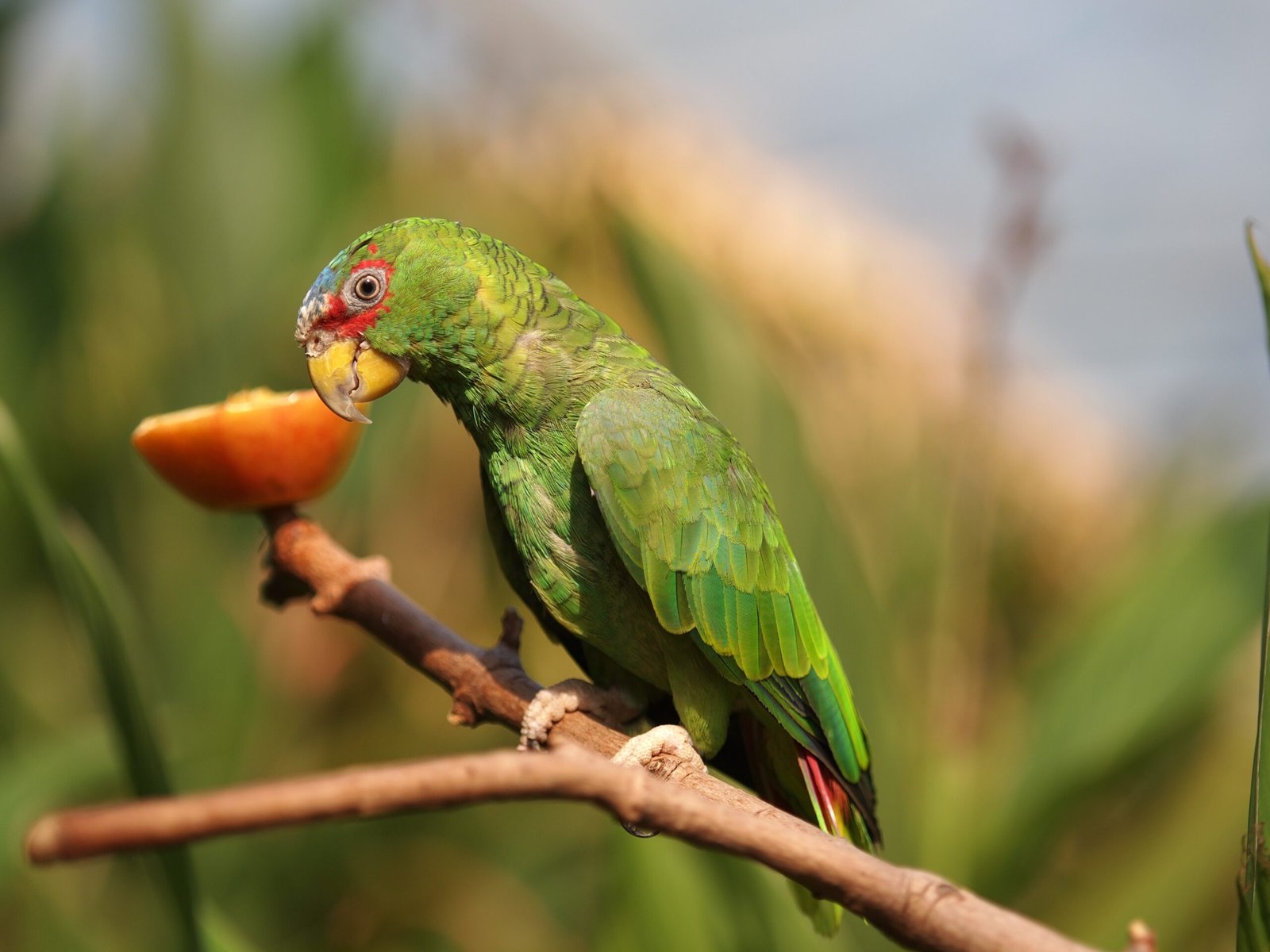
Amazon Parrots are vibrant and charming, but they also have a fiery temperament. Known for their loud calls and vocal prowess, they won’t hesitate to make their displeasure known. These birds require a firm but gentle hand in training. Patience is key, as they can be headstrong and challenging to manage. Social interaction and consistent training can help in curbing their aggressive tendencies, transforming them into delightful companions who love to perform and engage with their human friends.
3. Cockatoo: The Dramatic Diva
Cockatoos are the drama queens of the avian world. With their striking crests and expressive personalities, they can be both endearing and demanding. Cockatoos crave attention and can become aggressive if they feel neglected. They are known for their temper tantrums, which can involve loud screeching and feather fluffing. To manage their dramatic flair, providing plenty of social interaction and enrichment activities is essential. A happy cockatoo is a well-entertained one, and they thrive in environments where they are treated like the stars they believe themselves to be.
4. Macaw: The Majestic Challenger
Macaws are the giants of the parrot world, known for their breathtaking beauty and larger-than-life personalities. Their size and strength can make them intimidating, and they are not afraid to use their powerful beaks to assert dominance. These birds require experienced handlers who understand their need for space and stimulation. Macaws benefit from regular training sessions and a variety of toys to keep their inquisitive minds busy. With proper care and attention, they can be affectionate and loyal companions.
5. Conure: The Mischievous Prankster
Conures are small but mighty, with a zest for life that is infectious. However, their playful nature can sometimes turn into mischief. Known for their cheeky antics, they can become nippy if they don’t get their way. Conures thrive in environments where they can explore and play, and they need plenty of interaction to keep their mischievous tendencies in check. Providing a variety of toys and engaging activities can help channel their energy positively, making them delightful and entertaining pets.
6. Lovebird: The Tiny Tyrant
Lovebirds, despite their name, can be surprisingly aggressive. These small birds have big personalities and are known for their bossy behavior. They can become territorial, especially during breeding season, and may not hesitate to defend their space. Socialization from a young age is crucial to prevent them from becoming overly aggressive. Lovebirds are happiest when they have a mate, as they thrive on companionship. When properly socialized, they can be affectionate and charming, living up to their loving moniker.
7. Indian Ringneck Parakeet: The Independent Spirit
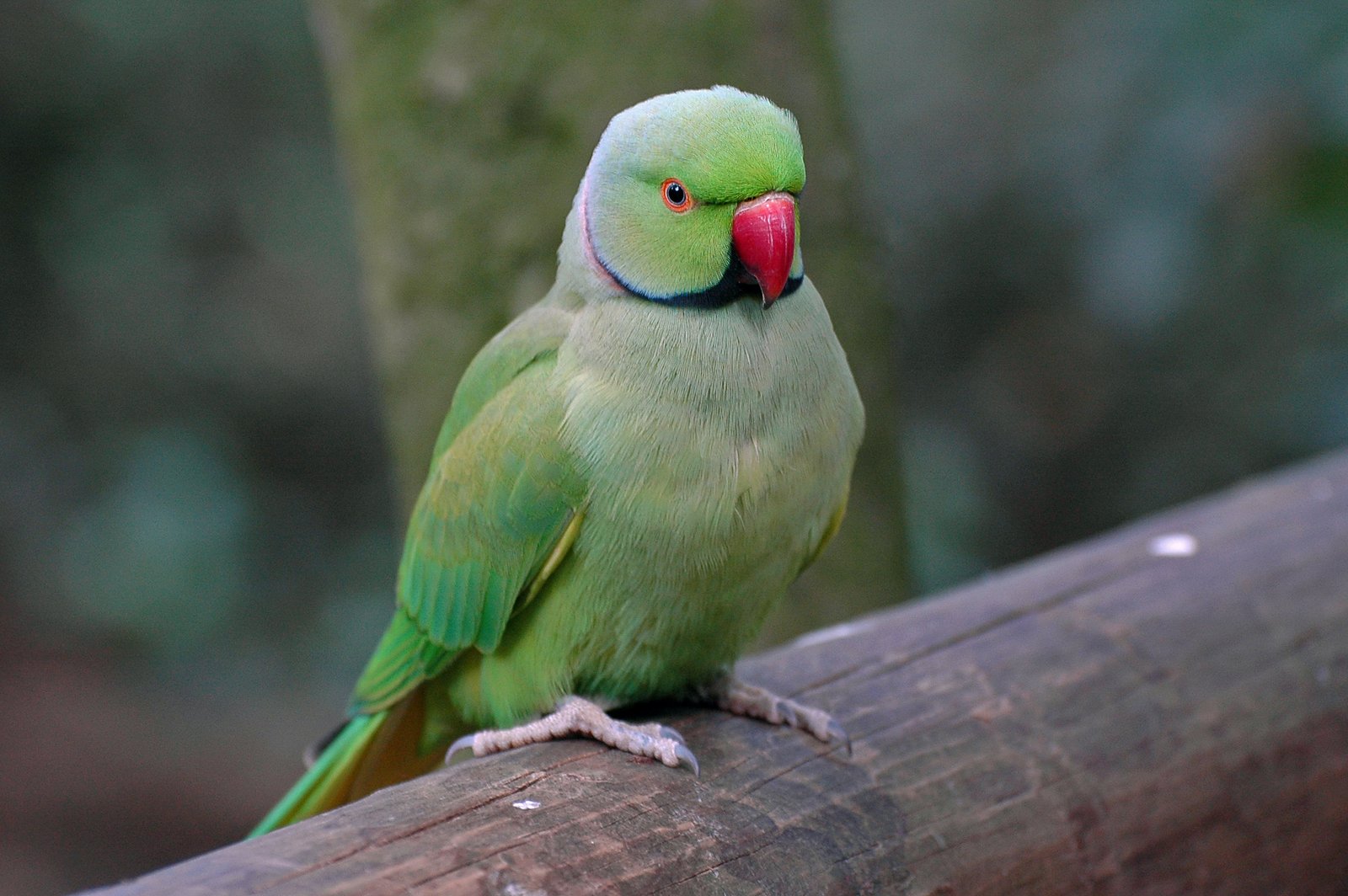
Indian Ringneck Parakeets are known for their independence and intelligence. They have a strong will and can become aggressive if they feel their autonomy is threatened. These birds require a balanced approach to training, combining firmness with positive reinforcement. Offering a variety of toys and activities can help satisfy their curious nature and prevent boredom-induced aggression. With patience and understanding, Indian Ringnecks can become loyal and engaging companions.
8. Quaker Parrot: The Territorial Defender
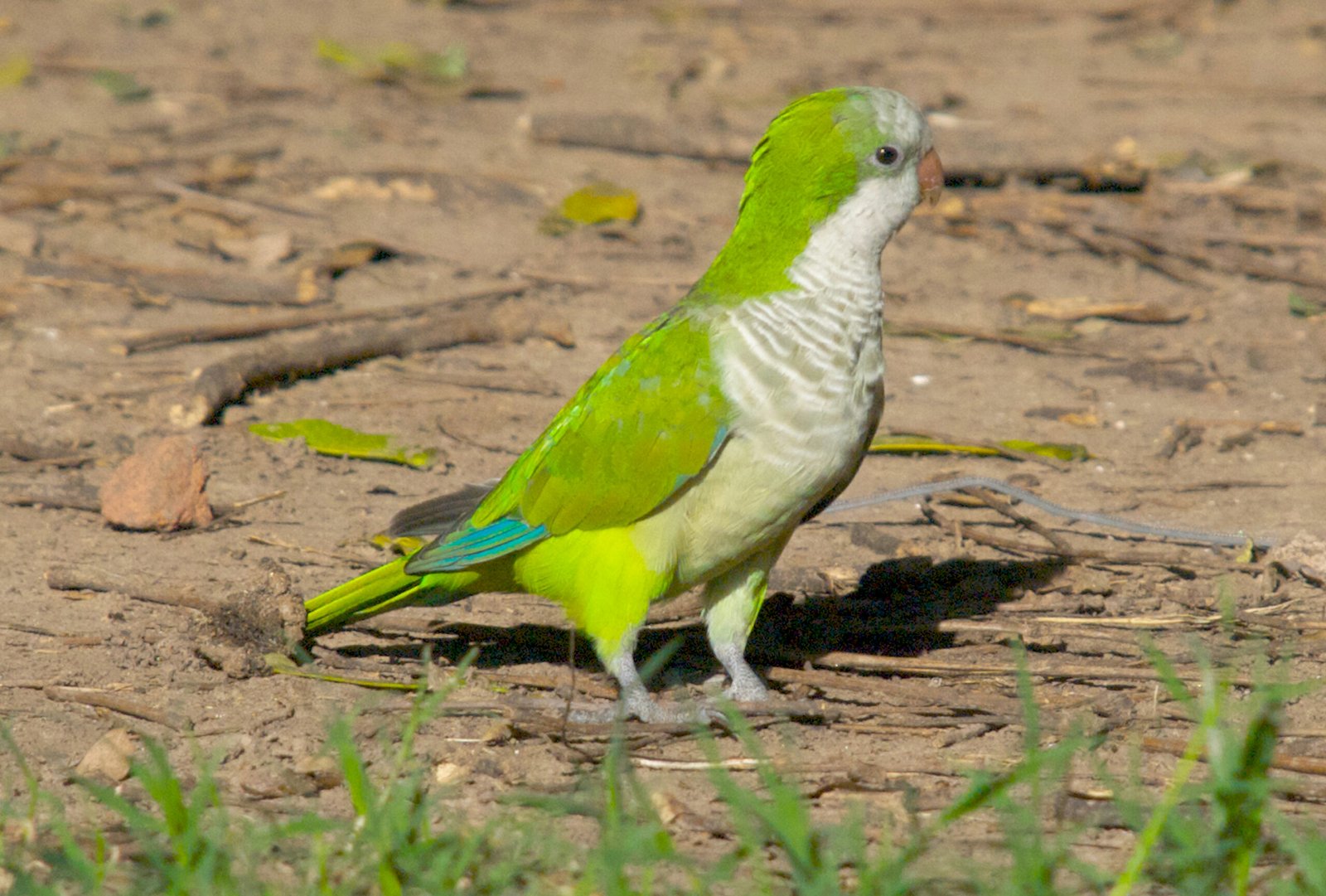
Quaker Parrots, also known as Monk Parakeets, are fiercely territorial. They are known for their nest-building skills and can become protective of their space. This territorial nature can sometimes lead to aggressive behavior, especially if they feel threatened. To manage their defensive tendencies, providing a stable environment and plenty of social interaction is key. Quaker Parrots are social creatures and thrive in environments where they can interact with both humans and other birds.
9. Eclectus Parrot: The Moody Marvel
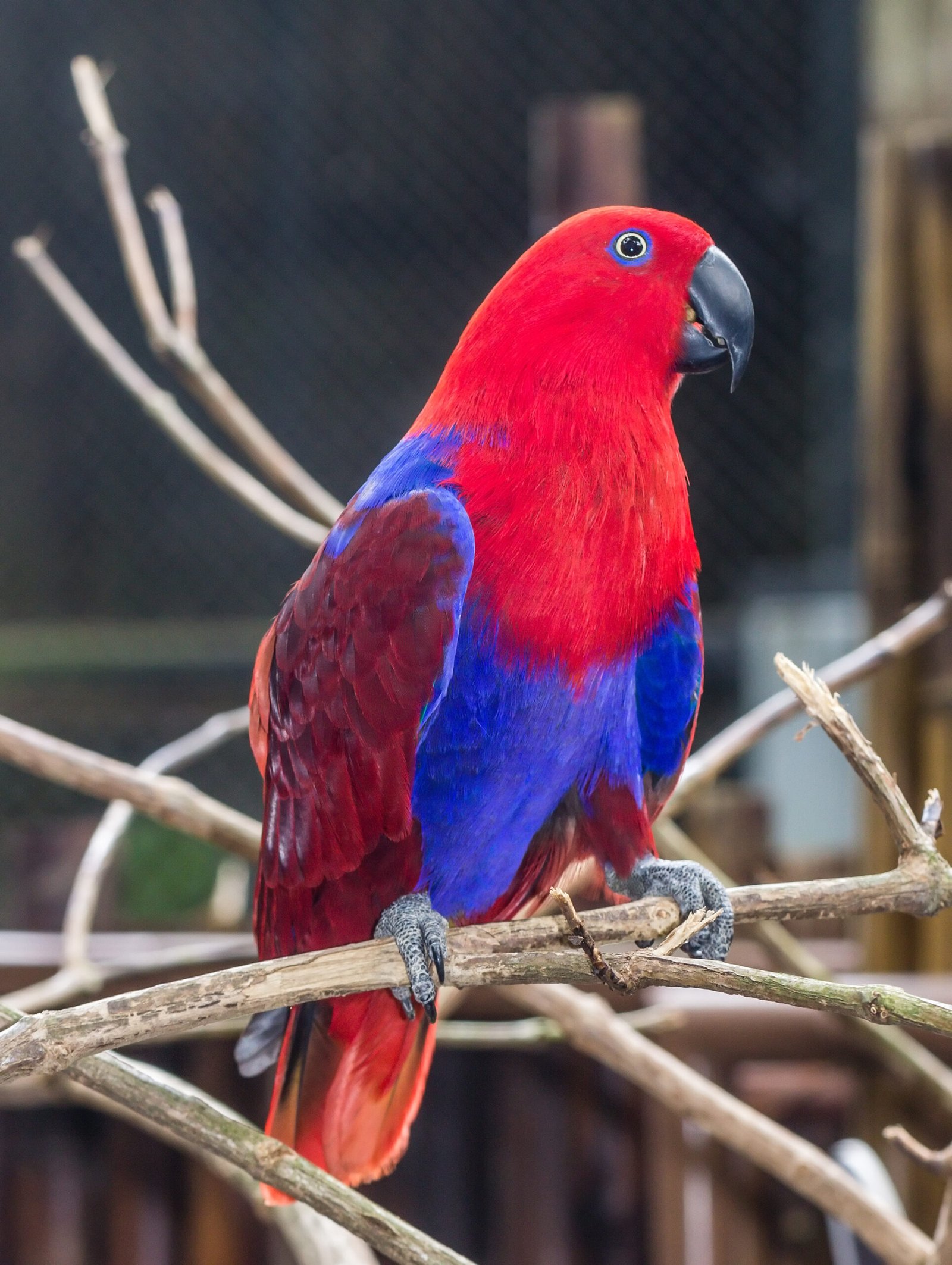
Eclectus Parrots are known for their striking appearance and distinct sexual dimorphism. While generally calm, they can become moody and unpredictable. Their aggression often stems from hormonal changes or environmental stressors. Understanding their body language and providing a stable, stress-free environment can help manage their mood swings. Eclectus Parrots benefit from a varied diet and regular interaction, which can help keep their temperament in check and ensure a harmonious relationship with their human companions.
10. Senegal Parrot: The Feisty Friend
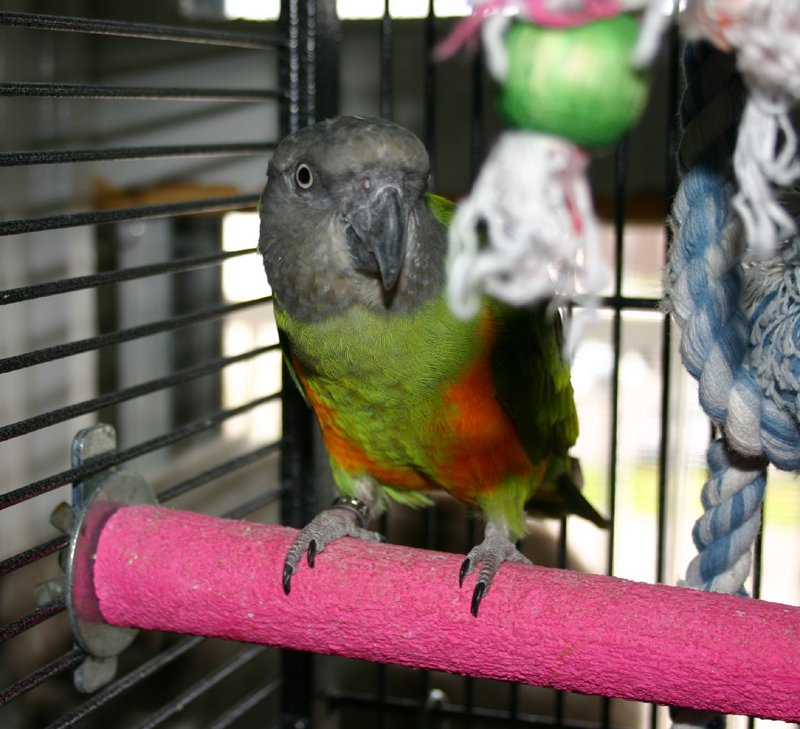
Senegal Parrots are small but feisty, with a penchant for playfulness. They can become aggressive if they feel their territory is being invaded or if they are not getting enough attention. These birds require a structured environment with plenty of opportunities for play and interaction. Senegal Parrots are known for their acrobatic abilities and love to engage in games and activities. With the right balance of training and socialization, they can be affectionate and entertaining pets.
In conclusion, while these aggressive pet birds may present challenges, they also offer unique opportunities for interaction and companionship. Understanding their needs and providing a nurturing environment can transform these “angry birds” into loyal and loving family members. Embrace their fiery spirits, and you’ll find that they bring vibrant energy and joy into your life.





